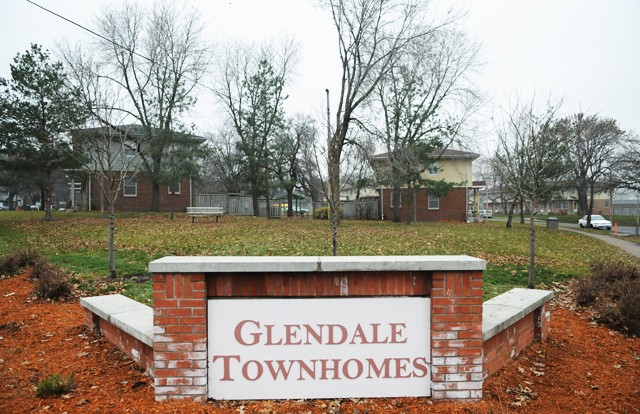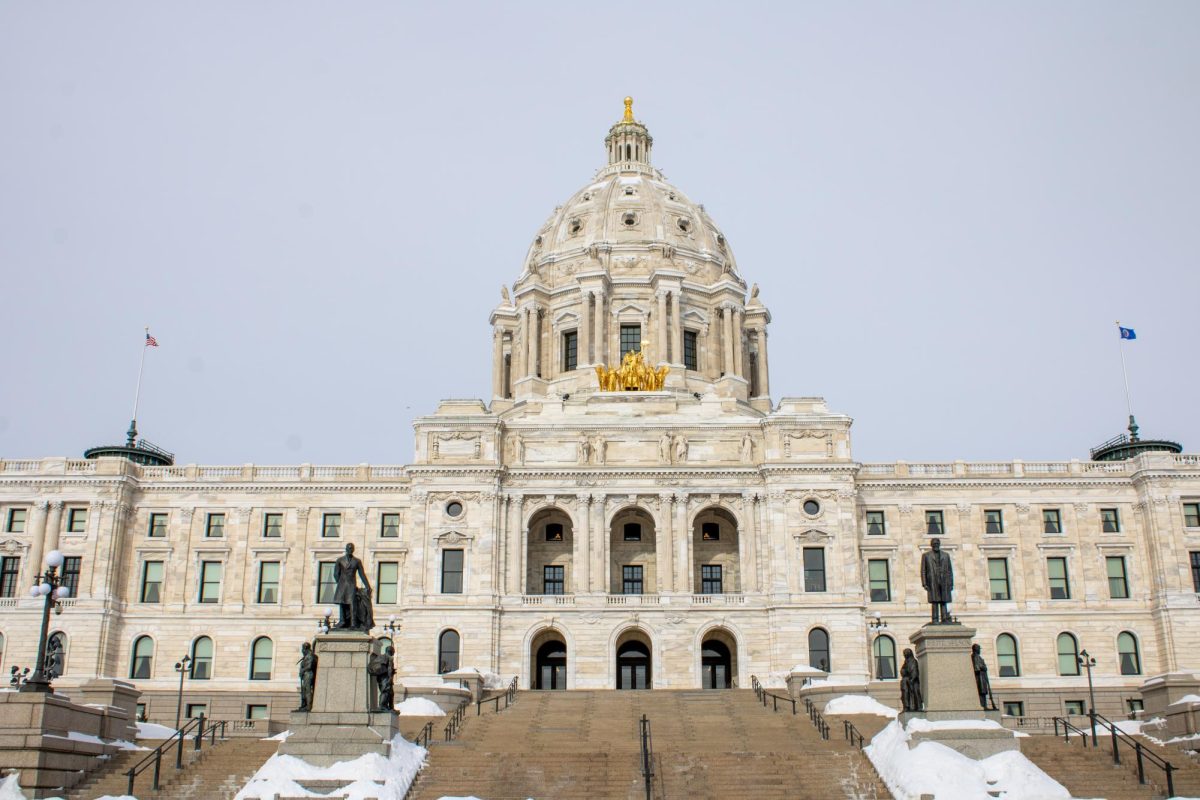Some public housing residents in Prospect Park may soon see rent increases.
Changes drafted to Minneapolis Public Housing Authority policies for next year include increases to public housing rents in complexes around Minneapolis. Near the University of Minnesota campus, the Glendale Townhomes in Prospect Park will be impacted by this increase if the draft is approved by MPHA officials on Dec. 18.
Glendale community members say increased rents could displace residents who cannot afford it.
“[This will] punish people that maybe have a second job, or maybe want to save money for a house so they can move on with their lives and move on to the next chapter of their life,” said Ladan Yusuf, campaign organizer of Defend Glendale & Public Housing Coalition, which advocates for public housing resident rights.
The affected units in Glendale are rented at a flat rate, which currently run at 80 percent of the fair market rate. Public housing residents can either pay a flat rate or a rate adjusted to 30 percent of their income, said Jeff Horwich, director of policy and external affairs for MPHA.
A majority of public housing residents pay rent at the adjusted rate. However, those with higher incomes often pay the flat rate because it’s typically cheaper for them, Horwich said.
Under the new proposal, all flat-rate rents would increase to 90 percent of the fair market rate. For Glendale units, a one-bedroom apartment would increase from $691 to $874 per month. Rent for a four-bedroom apartment would rise from $1450 to $1823, according to MPHA documents.
There are 13 households at Glendale that currently pay flat-rate rent, Horwich said.
Although the number of people affected may be small, it still makes a difference, said Haaris Pasha, a local fair-housing advocate.
“People are struggling,” he said. “This is supposed to be the last backstop for people who can’t find housing.”
In a letter to city officials, Pasha said residents were not informed well enough of the changes.
At a Nov. 20 public hearing, many residents from sites across Minneapolis lined up to express disapproval and confusion at the rent increase, though some would not be affected themselves. Residents who didn’t speak much English were confused about who would be affected, Yusuf said.
Many residents speak Somali, Oromo or Hmong, Pasha also noted in the letter.
Yusuf and Pasha said they believe the reasoning behind the draft is unclear.
MPHA provides public housing through the U.S. Department of Housing and Urban Development, which has guidelines for public housing rents.
Horwich said these federal guidelines are partially responsible for the rent increase. The increase will also promote fairness for residents in different housing programs. The revenue generated by this increase is small, he said.
“We are looking at moving towards a space where everybody pays rent according to the same formula across all of our programs. There’s a certain aspect of fairness to it,” Horwich said. “People who are lower-income might reasonably ask [now] why somebody who makes a lot more money [is] actually getting a better deal on their rent.”







